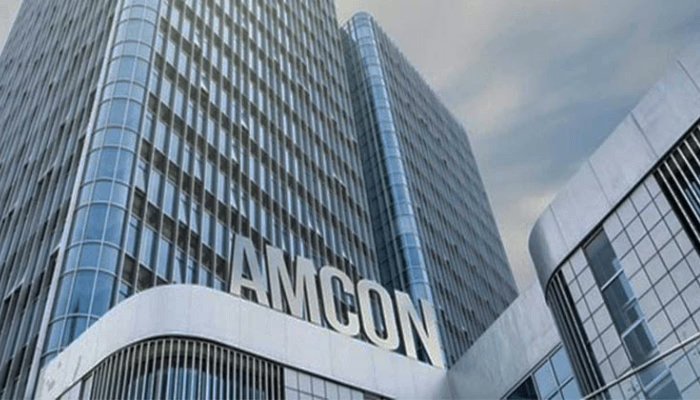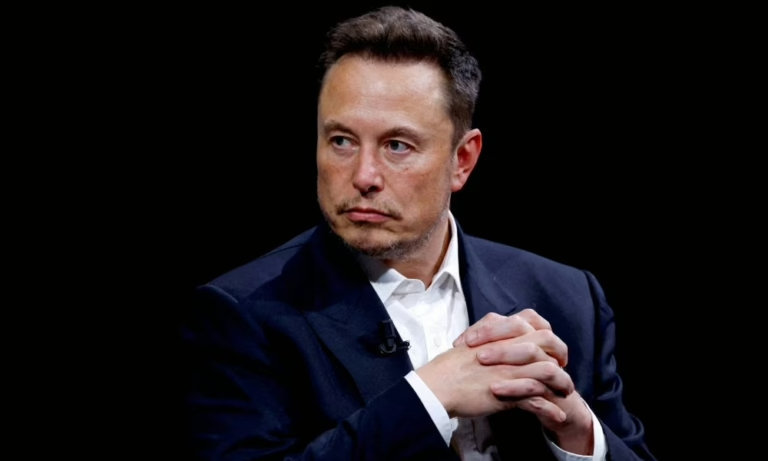Tesla Challenges $243 Million Verdict in Fatal Autopilot Crash Case
In a significant legal development, Tesla has filed an appeal against a $243 million judgment awarded to the family of a man who lost his life in a crash allegedly linked to the company’s Autopilot driver-assistance system.
Background of the Case: Autopilot Under Scrutiny
Earlier this August, a federal jury in Miami determined that Tesla bore partial responsibility for a fatal 2019 accident involving its Autopilot technology. While the driver was primarily blamed, the court held Tesla’s system substantially accountable for the tragedy that occurred six years ago.
Details of the Verdict and Legal Arguments
The jury’s decision mandated Tesla to compensate the victim’s family and survivors with $243 million. Brett Schreiber, representing the plaintiffs, criticized Tesla for marketing Autopilot as suitable only for controlled-access highways but failing to prevent its use on other roads. Schreiber emphasized that Elon Musk publicly claimed Autopilot outperformed human drivers, which he argued misled the public and endangered lives.
“Tesla’s misleading claims effectively turned public roads into experimental zones for their flawed technology, endangering everyday drivers like Naibel Benavides and Dillon Angulo,” Schreiber stated. “This verdict is a crucial step toward accountability for Tesla and Musk, who have inflated the company’s valuation through exaggerated promises of self-driving capabilities at the cost of human safety.”
Tesla’s Appeal: Contesting the Judgment
In a recent court submission, Tesla’s legal team requested either a new trial or the complete overturning of the $243 million award. They argue that the jury’s ruling contradicts fundamental principles of Florida tort law, violates due process rights, and defies common sense.
Context and Industry Implications
This case highlights ongoing concerns about the safety and regulation of semi-autonomous driving technologies. According to the National Highway Traffic Safety Administration (NHTSA), crashes involving advanced driver-assistance systems have increased by 20% over the past two years, underscoring the urgent need for clearer guidelines and improved safety measures.
Similar lawsuits against other automakers deploying driver-assist features have emerged, reflecting growing scrutiny over the balance between innovation and public safety. For instance, a recent settlement involving a major automaker addressed claims of misleading marketing around their own semi-autonomous system.
Looking Ahead
As Tesla pursues its appeal, the outcome of this case could set a precedent for how courts handle liability in accidents involving emerging vehicle technologies. It also raises critical questions about corporate responsibility and the ethical promotion of driver-assistance systems in an evolving automotive landscape.


















0 Comments